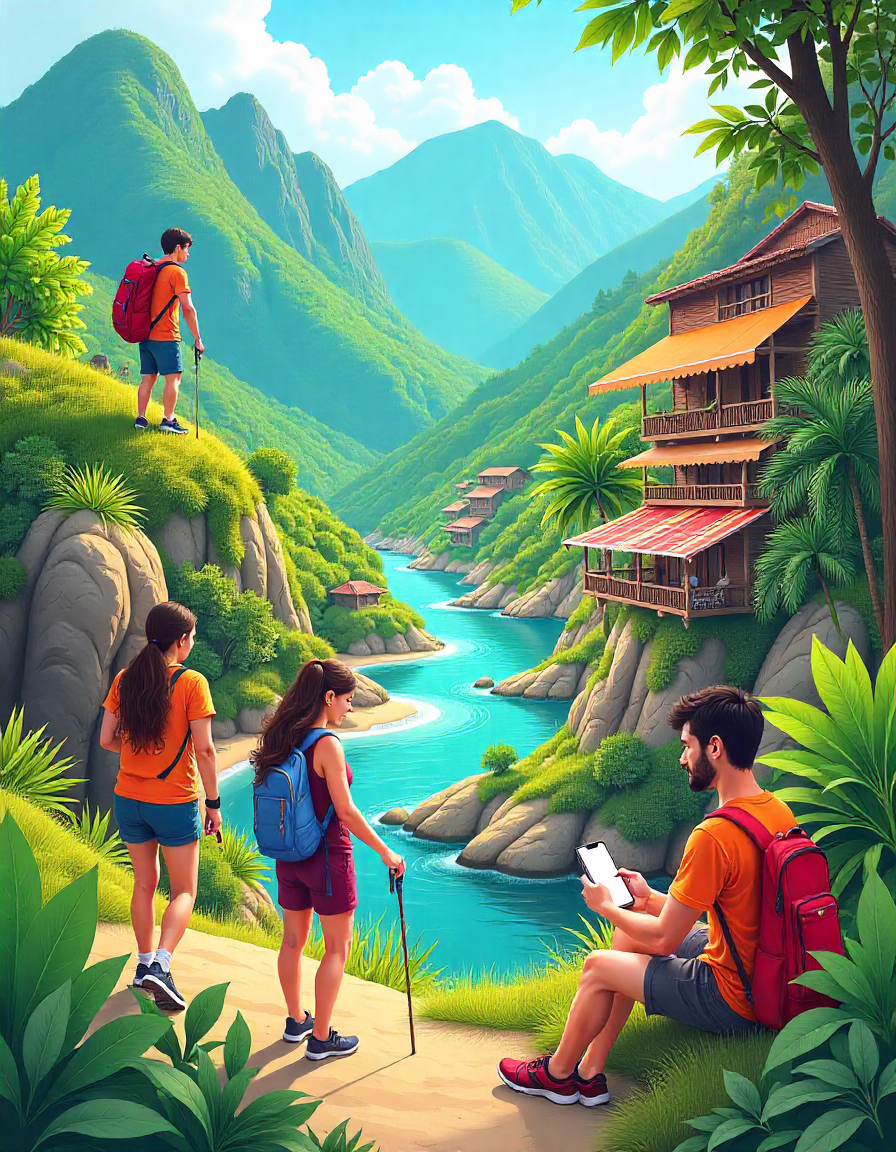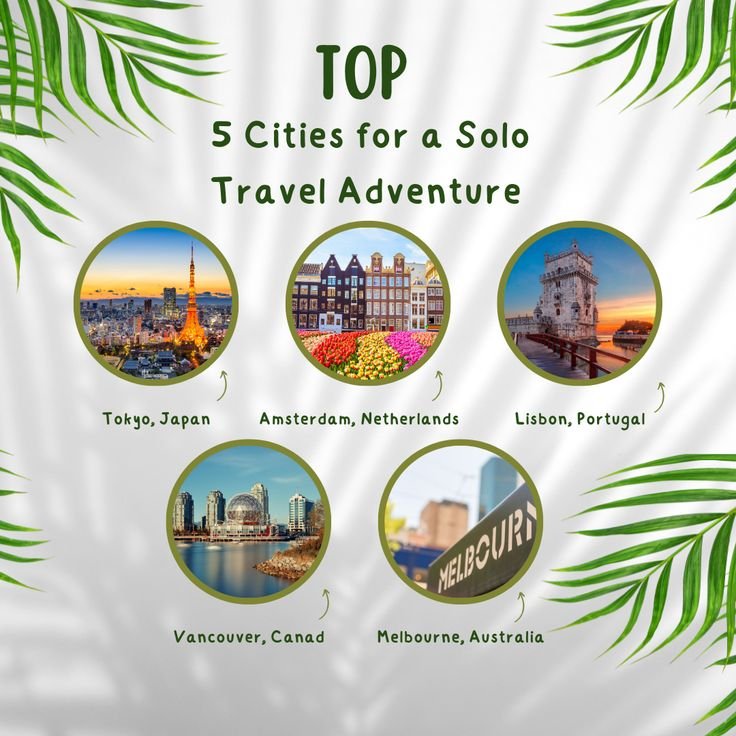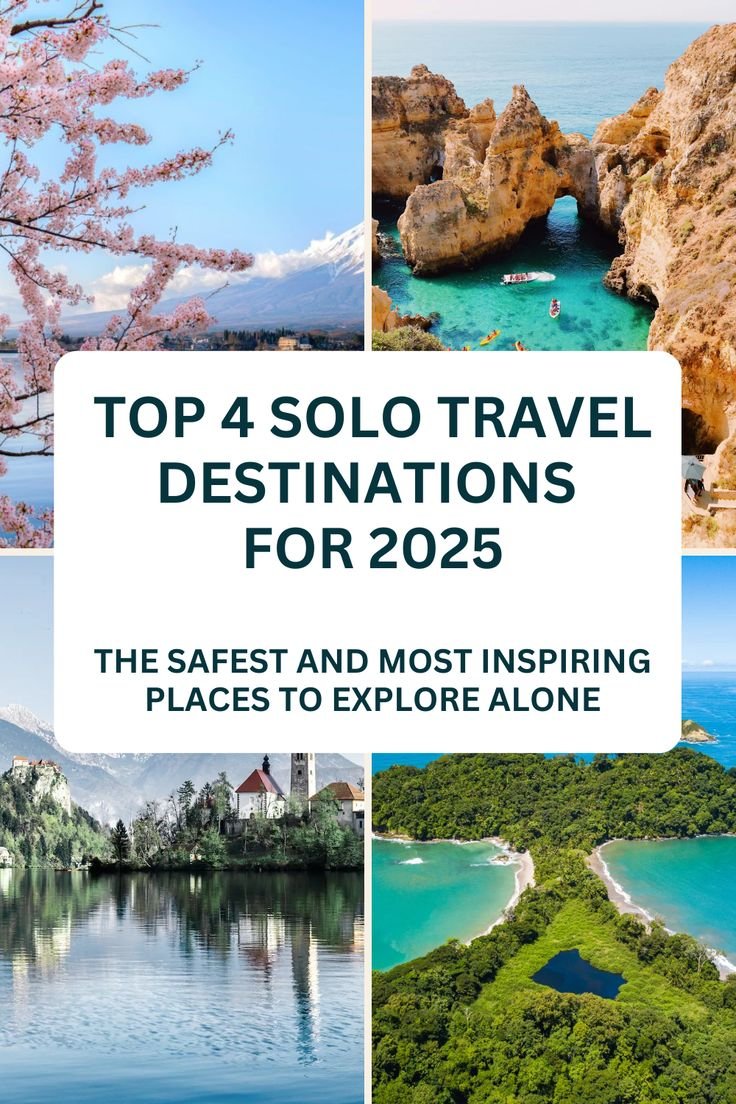Travel has always held a unique place in human life, providing opportunities for discovery, cultural exchange, and personal growth. In today’s interconnected world, exploring new destinations has become more accessible, yet more complex, due to global developments, technological advancements, and evolving traveler expectations. This article delves into modern travel trends, practical advice, and ways to make journeys meaningful and enriching.
Redefining Travel in the Modern Era
Modern travel is no longer only about visiting landmarks; it’s about creating immersive experiences. Travelers increasingly seek authentic encounters that connect them with local culture, cuisine, and traditions. Sustainability and responsible tourism have also become vital considerations, as travelers recognize the impact of their choices on communities and ecosystems.
Technology has transformed planning and exploration. Mobile apps offer real-time navigation, language translation, itinerary management, and personalized recommendations. Virtual reality experiences allow prospective travelers to preview destinations, enhancing decision-making and reducing uncertainty.
Adventure Travel and Outdoor Exploration
Adventure tourism is on the rise, appealing to those seeking physical challenges and nature immersion. Hiking trails, mountain trekking, river rafting, and wildlife safaris are gaining popularity. Regions with diverse landscapes—forests, mountains, deserts, and coastal areas—offer travelers opportunities for memorable outdoor experiences.
Safety and preparation are essential. Adventurers must research local conditions, carry appropriate gear, and follow environmental guidelines to preserve natural habitats. Guided tours often enhance safety while providing expert insights into flora, fauna, and cultural landmarks.
Cultural Tourism and Local Immersion
Cultural tourism is centered on understanding local heritage and traditions. Museums, art galleries, music festivals, and historical sites provide windows into a region’s identity. Culinary tourism—tasting local dishes, learning cooking techniques, and visiting markets—adds another layer of connection.
Travelers are increasingly opting for homestays and small boutique accommodations rather than conventional hotels. This approach fosters deeper cultural exchange, supports local economies, and provides unique insights into daily life that mainstream tourism often misses.
Sustainable and Responsible Travel
Environmental awareness shapes travel decisions today. Sustainable tourism emphasizes minimizing carbon footprints, conserving resources, and protecting wildlife. Travelers may choose eco-friendly accommodations, public transportation, or bicycle tours over fuel-intensive travel.
Responsible travel also includes respecting local customs, supporting indigenous communities, and avoiding activities that exploit animals or disrupt ecosystems. Initiatives such as volunteering programs, eco-lodges, and conservation-focused tours allow travelers to contribute positively while enjoying their journey.
Technology and Travel Planning
Technology has simplified trip planning and enriched experiences. Travel apps and websites provide booking options, reviews, and comparisons for flights, accommodations, and tours. Artificial intelligence curates personalized recommendations, while augmented reality guides offer interactive maps and historical context.
Digital tools also enhance safety. GPS tracking, real-time weather alerts, and translation apps help travelers navigate unfamiliar areas confidently. Social media platforms allow sharing experiences and connecting with fellow travelers for tips, insights, and inspiration.
Health, Safety, and Travel Preparedness
Health and safety have become critical components of modern travel. Vaccinations, travel insurance, and awareness of local health advisories ensure safe exploration. Travelers should carry essential medications, maintain hydration, and follow guidelines for outdoor activities.
Emergency preparedness is equally important. Knowing local emergency numbers, hospital locations, and embassy contacts can prevent complications. Moreover, understanding cultural norms, dress codes, and behavioral etiquette reduces the risk of misunderstandings or conflicts.
Unique Travel Experiences
Beyond conventional sightseeing, travelers increasingly pursue niche experiences:
-
Wellness Travel: Spas, yoga retreats, meditation workshops, and thermal baths focus on mental and physical rejuvenation.
-
Culinary Adventures: Food tours, vineyard visits, cooking classes, and local street-food exploration enrich cultural understanding.
-
Art and Music Tourism: Festivals, gallery tours, and workshops allow travelers to engage with local creativity.
-
Eco-Tourism: Visits to protected natural areas, wildlife sanctuaries, and conservation projects combine leisure with environmental consciousness.
These experiences foster personal growth, create lasting memories, and strengthen connections with the destination.
Budget and Luxury Travel Strategies
Travel can be tailored to any budget. Economical options include hostels, shared accommodations, public transportation, and off-season travel. Budget-conscious travelers often explore lesser-known destinations that offer authentic experiences without premium pricing.
Luxury travel focuses on comfort, exclusivity, and bespoke experiences. Private tours, fine dining, premium accommodations, and concierge services cater to travelers seeking relaxation, convenience, and prestige. Both approaches benefit from careful planning, research, and flexibility.
The Role of Social Media in Travel
Social media platforms significantly influence travel decisions. Travelers discover destinations through photos, stories, and reviews shared by peers and influencers. Social platforms also serve as tools for networking, gathering tips, and documenting personal journeys.
However, responsible sharing is important. Oversaturation of certain destinations can lead to over-tourism, environmental degradation, and cultural disruption. Travelers are encouraged to promote sustainable practices and highlight lesser-known attractions to distribute visitor impact more evenly.
Future Trends in Travel
Several trends are shaping the future of travel:
-
Personalized Journeys: AI-driven itineraries tailored to preferences, budget, and interests.
-
Eco-Conscious Travel: Greater emphasis on carbon-neutral options, renewable-energy transport, and sustainable accommodations.
-
Remote Work Travel: “Workations” and extended stays for digital nomads are blending work and exploration.
-
Cultural Preservation: Collaborations with local communities to maintain heritage and share authentic experiences.
-
Health-Conscious Travel: Wellness tourism and preventive measures integrated into itineraries for safer, more enriching trips.
Conclusion
Travel today is a multidimensional experience combining adventure, culture, technology, and responsibility. Whether exploring remote landscapes, immersing in local traditions, or engaging with eco-conscious initiatives, modern travelers seek meaningful connections and memorable experiences.
Preparation, awareness, and mindfulness are keys to ensuring that journeys are safe, enjoyable, and sustainable. By embracing technology, respecting local cultures, and prioritizing wellness and environmental stewardship, travel can remain an enriching and transformative experience for generations to come.



